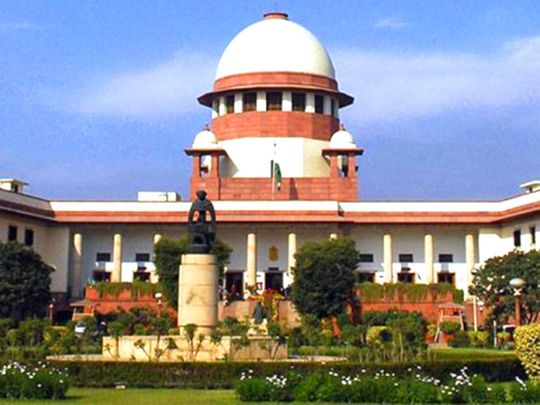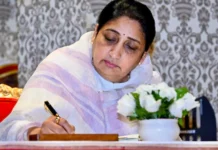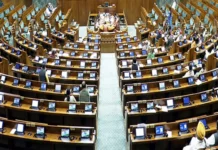NEW DELHI: The Centre has filed a review petition in the Supreme Court in connection with its judgment conferring the President with the sole power for identification of a community as backward and its eligibility for reservation benefits.
The Centre has challenged the top court’s interpretation of 102nd Constitutional Amendment in the Maratha reservation judgment delivered on May 5. According to sources, the Centre’s petition has contended that state governments cannot be stripped their powers to identify socially and educationally backward classes (SEBC). The top court had upheld the 102nd Constitutional Amendment while denuding the power of states in this regard.
“By introduction of Articles 366 (26C) and 342A through the 102nd Constitution of India, the President alone, to the exclusion of all other authorities, is empowered to identify SEBCs and include them in a list to be published under Article 342A (1), which shall be deemed to include SEBCs in relation to each state and union territory for the purposes of the Constitution,” the top court had held.
Three of the five judges on the bench had held that 102nd Amendment has taken away the power of states to decide on SEBCs and only the President can take a decision in this matter.
However, the other judges have said that state governments can also identify SEBCs and there would be two lists – Central and state – of backward communities, which has been the practice for over six decades.
The top court had ruled that after the insertion of Article 342A in the Constitution through the 102nd Amendment, the Centre is empowered to identify SEBCs and include them in a list to be published under Article 342A (1), specifying SEBCs in relation to each state and Union Territory.
The Centre, through Attorney General K.K. Venugopal, had contended that 102nd Amendment does not take away states’ powers to identify SEBCs. The top court verdict on May 5 had meant state governments will be restricted from making recommendations to the Centre favouring aspiring backwards.







